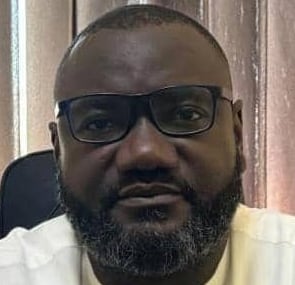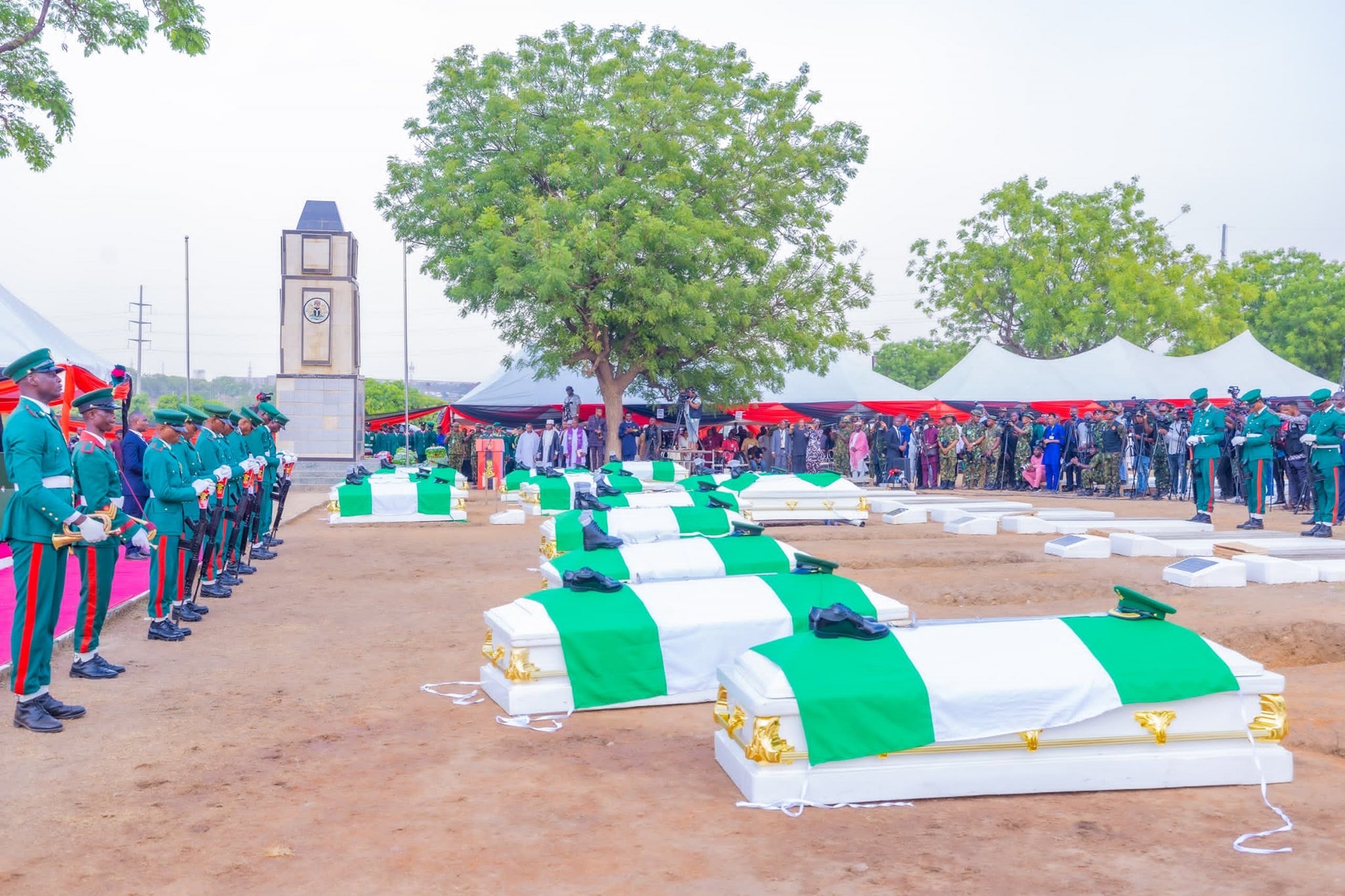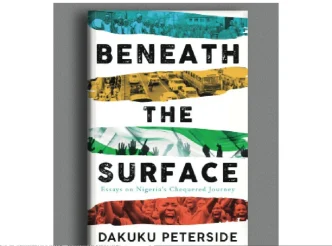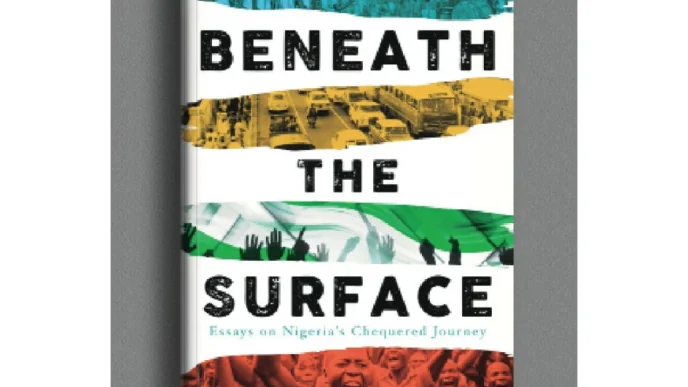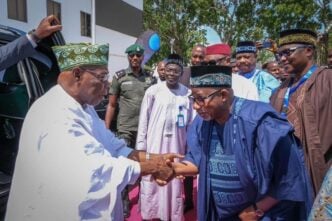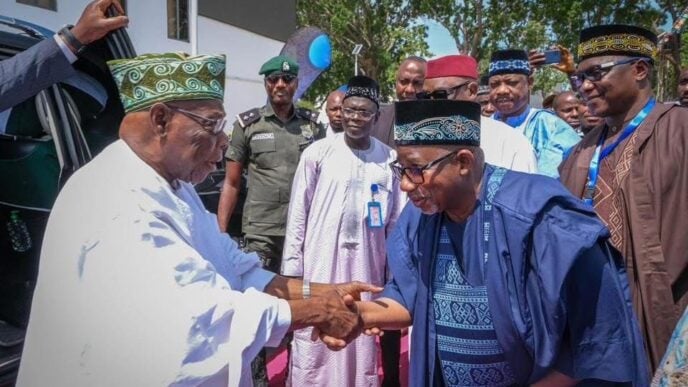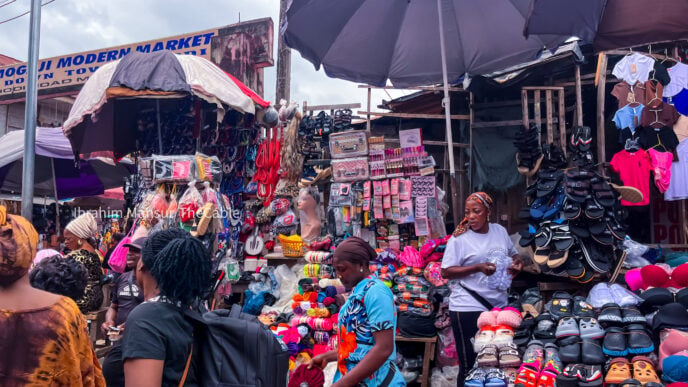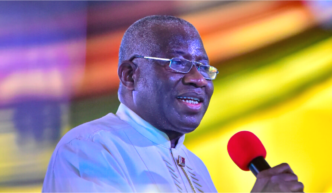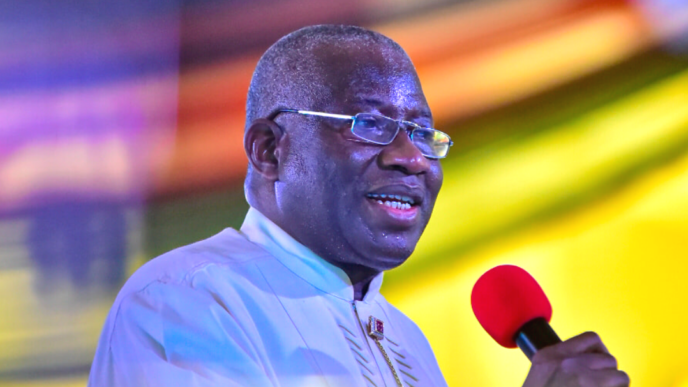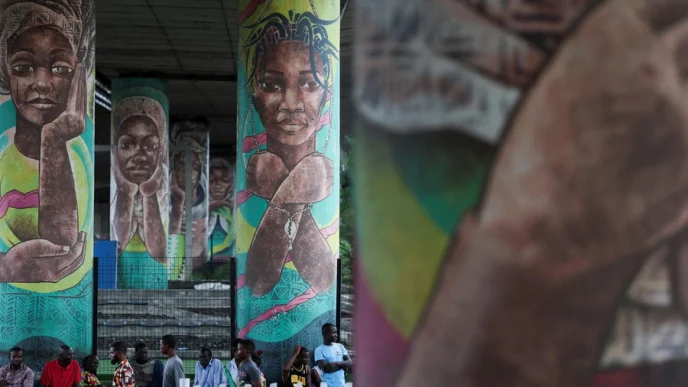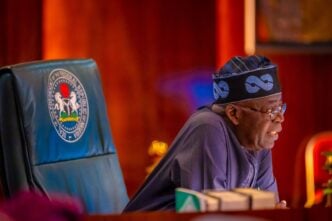I recently had a privileged encounter with a lady. She beamed with smiles throughout our conversation. We talked about a range of issues. She also shared a heart-touching experience with me. Nine years ago, she thought her world had ended. She was pregnant, and her husband, a captain in the Nigerian Army, was serving in Borno state in the thick of the Boko Haram insurgency. And he paid the ultimate price in service to the nation. Today, her daughter is nine years old, and all she has are pictures of her father in military gear, with no story about him available anywhere in the public domain.
Who is the unknown soldier?
This is one out of several others known as the “Unknown soldier” who, in service to the nation, paid the ultimate price and, with little or no recognition other than their graves. It is essential to acknowledge that, beyond artefacts, there is also a human story in our military history. It is the story of heroism. This is instructive, and the need to immortalize these brave men and women in a historical context cannot be overemphasized, which is why I align with the proposed Armed Forces Museum by the Defence Headquarters.
The proposed Armed Forces Museum has a unique slant. A portion of the proceeds from the Museum would be devoted to support families of fallen heroes in educational scholarships, skill acquisition workshops and trainings, interest-free loans for small-scale businesses, amongst a host of other initiatives. In my opinion, it is a strong signal towards a commitment to the welfare of the families of our fallen heroes. That is a critical component of the proposed museum and is worth the thought of the military authorities. I also imagined a situation where families of fallen heroes would visit the museum, and before them are images and stories of their relatives celebrating their heroic exploits in service to the country. There is a psychological relief that takes place instantly. This psychological relief would also be felt by serving officers and soldiers in the sense that there would be a reassurance that their sacrifices would not be in vain at the end of the day.
Advertisement
Do our fallen heroes deserve more?
I recall in my conversation with the lady mentioned earlier, I asked her how she would feel if she walked into the museum with her daughter and before them is an image of her father, with a compelling story to celebrate him. She instantly let out a smile that spoke volumes of an appreciative heart. She said, “We would leave the museum with proud memories of him in our hearts. That would be very reassuring not just to me and my daughter, but to others who lost their loved ones in service to the country.” This is an example of historical context.
Her statement was very touching, and to me, that is how to immortalize our fallen heroes. The Armed Forces Museum holds the ace in adequately documenting the military history of Nigeria, given its propositions such as documenting our military exploits from time immemorial in peacekeeping missions, the civil war, uprisings and other military operations in and outside the country in a historical context. Also, military artefacts would be on display alongside stories around their deployment. For example, a prototype of the Hercules C-130 aircraft that crashed in the Ejigbo area of Lagos in 1992, killing hundreds of promising military officers, would be on display to tell the story of the crash and its impact on the military. The iconic NNS Aradu of the Nigerian Navy would also be on display, telling the story of the largest ship in the fleet of the Nigerian Navy, whose historical war exploits tell the story of the Nigerian Navy. The famous Nigerian Army Vickers MK.3 Armoured Tank, which was once the flagship of the Nigerian Army tank force, would also be on display.
Advertisement
A museum worth its name
Yes, there is the National War Museum located in Umuahia, Abia state. This museum was built in 1985 and is dedicated to preserving artefacts, particularly from the Civil War. That is just an aspect of our military history, as a lot had taken place after that period. As a fact, the Armed Forces Museum intends to bring about a world-class memorial site with the trappings of modernity as a tourist attraction that evokes memories of those events and actors that constitute our military history. And there is no doubt that it would serve as a source of job creation and revenue generation for the country.
For example, in Rwanda, there are several war memorial sites, but the Kigali Genocide Memorial, located in the capital Kigali, remains the biggest, most recognized and visited memorial site in Rwanda. From available information, the Kigali Genocide Memorial contains artefacts like bones, photos, clothing and shoes of the victims of the genocide. It also features exhibitions, memorial gardens, educational facilities, and the Genocide Archive of Rwanda. This is a world-class facility that has boosted tourism earnings for Rwanda by preserving its history for tourism purposes.
The proposed Armed Forces Museum holds similar prospects. It would be located in the Federal Capital Territory, it would consist of exhibitions, a world-class event centre, gardens and parks, a children’s playground, gifts and military memorabilia shops, restaurants and a war cinema. It would also serve as the venue of the annual Armed Forces Remembrance Day. The viability of the project is noteworthy, and its impact on our socioeconomic life would be innumerable. In my opinion, it would amount to a one-stop place for everything about the Armed Forces of Nigeria.
Advertisement
We must begin to think outside the box, using the Armed Forces Museum concept as an example of how to boost our tourism potential in the country. Our history is rich, and if properly preserved, can serve several purposes that would contribute to nation-building, bring about total healing from the scars of war and boost our economic potential. This is a forward-thinking approach towards translating our history into our pride.
A project of significant national importance
I am glad the Armed Forces Museum is on the table. It is not a strictly military affair. It is a national project that all well-meaning Nigerians must take ownership of. The military plays a significant role in our daily lives, and its contribution to our continued existence as an entity cannot be overemphasized. This is a laudable project of significant national importance. We must all strive to be counted as having been a part of history with the establishment of the Armed Forces Museum of Nigeria. There is no better way to immortalize our fallen heroes than this.
Advertisement
Views expressed by contributors are strictly personal and not of TheCable.
